In the evolving landscape of skincare, two ingredients have emerged as game-changers, one verified, one an imposter: vitamin C and copper peptides. As a physician, my commitment to evidence-based practices compels me to delve into the science behind these compounds in our skin care armamentarium.
Copper peptides are touted as the new fountain of youth, with claims of promoting collagen and elastin production, reducing wrinkles, and improving skin texture. These proteins are integral to maintaining the skin's elasticity and firmness. Studies have shown that copper peptides can stimulate collagen synthesis and promote wound healing. However, it's important to note that most of these studies were conducted in vitro or on animals, with few clinical trials on humans.
Regarding melanin, copper peptides may have a role in reducing hyperpigmentation. Copper is a key component of the enzyme tyrosinase, involved in melanin production. However, the exact mechanism and extent of this effect remain unclear and need further investigation.
On the flip side, applying copper to the skin does carry potential risks. Excessive copper can cause oxidative stress, leading to inflammation and potential skin damage. Individuals with Wilson's disease, a genetic disorder causing excessive copper accumulation, should avoid copper peptides. Moreover, some people may experience skin irritation, rash, or redness.
It's also crucial to be wary of false claims in the skincare industry. The lack of regulation means that some products may not contain the claimed amount of copper peptides, or the peptides may not be in a form that can be absorbed by the skin.
In contrast, the benefits of topical vitamin C are well-documented. Vitamin C is a potent antioxidant that neutralizes harmful free radicals and reduces oxidative stress. It also boosts hydration in epidermal cells (keratinocytes), promoting their longevity and healing. Most importantly, vitamin C plays a crucial role in collagen synthesis. Numerous scientific studies validate these claims, making vitamin C a reliable ingredient for skincare.
The skincare industry is rife with products making grandiose claims. As consumers, it's essential to distinguish between evidence-based reports and unproven claims. Always look for products from reputable companies that cite scientific studies AND conduct their own research.
As a physician, my advice is to approach new skincare trends with a healthy dose of skepticism. While topical copper peptides could have potential, more research is needed to fully understand their benefits and risks whereas topical Vitamin C has reproducible proof of its multiple benefits.
Skin care is definitely a personal journey, not a one-size-fits-all destination. So, take it one step at a time, and enjoy the process of discovering what works best for your skin.
Jennifer Baron, MD
Board-Certified, American Academy of Dermatology
Board-Certified, American Mohs College
Medical Doctorate, 2002
Jennifer Baron, M.D. Skin Care, Founded 2010
Read more
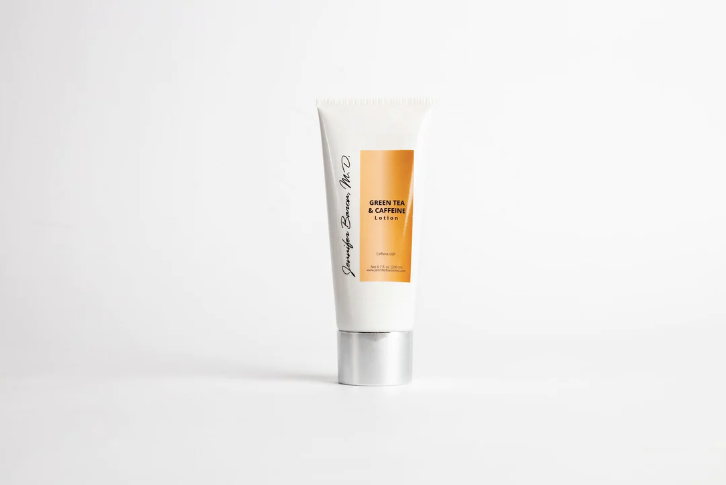
May is Skin Cancer Awareness Month! It is a time dedicated to raising awareness about the importance of healthy skin care habits, the dangers of skin cancer, and the benefits of using high-qualit...
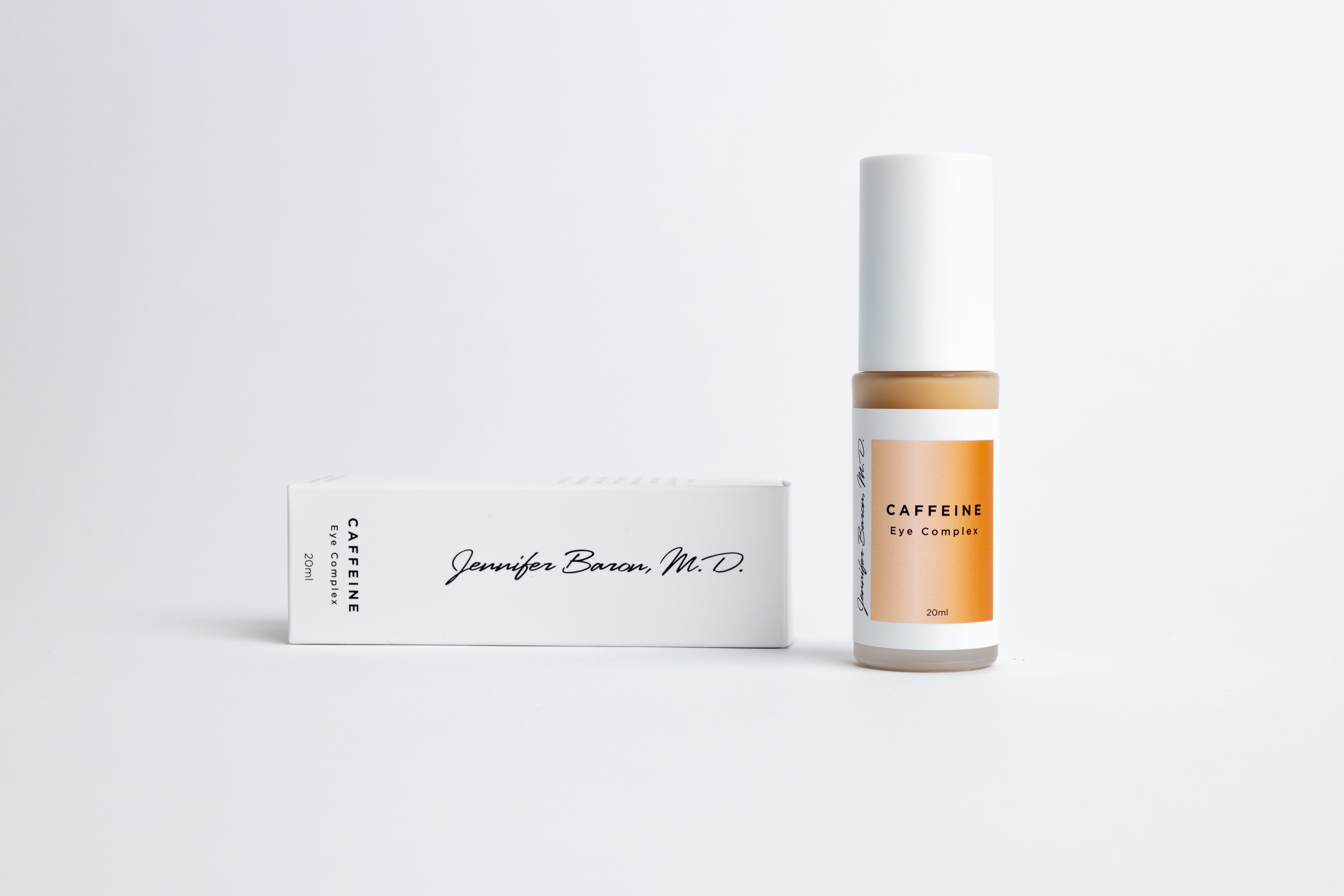
Niacinamide, a key anti-cancer ingredient in Jennifer Baron, M.D. skin care, shows anti-aging properties and prevents skin cancer. NIH study suggests it reduces Basal Cell Carcinoma and Squamous Ce...


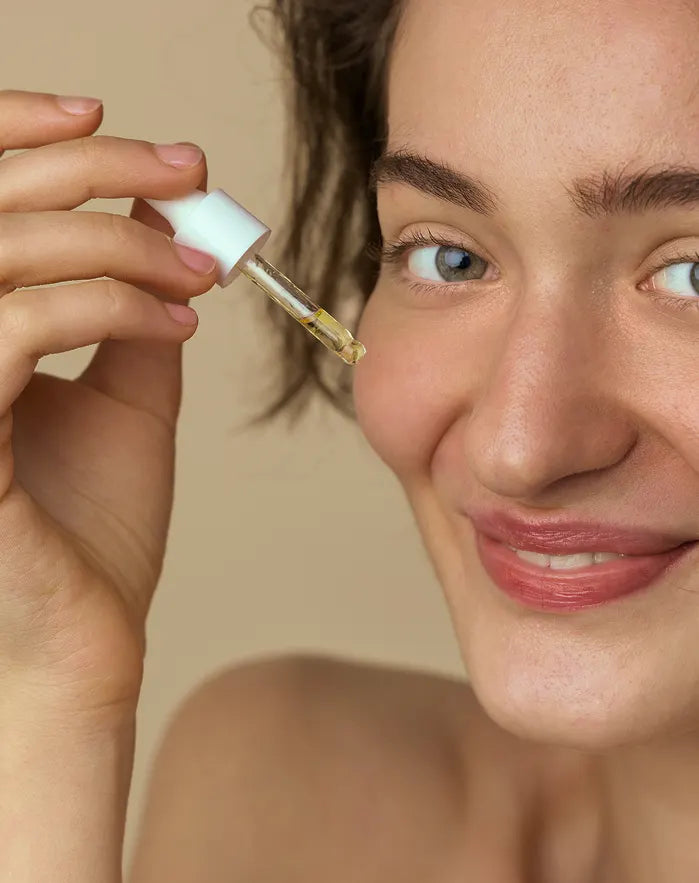
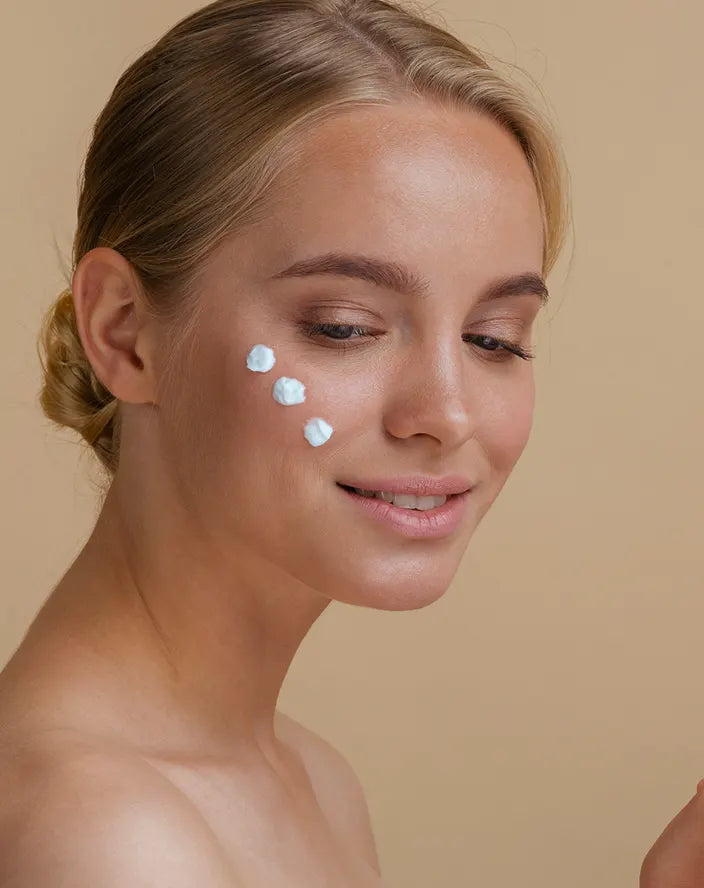


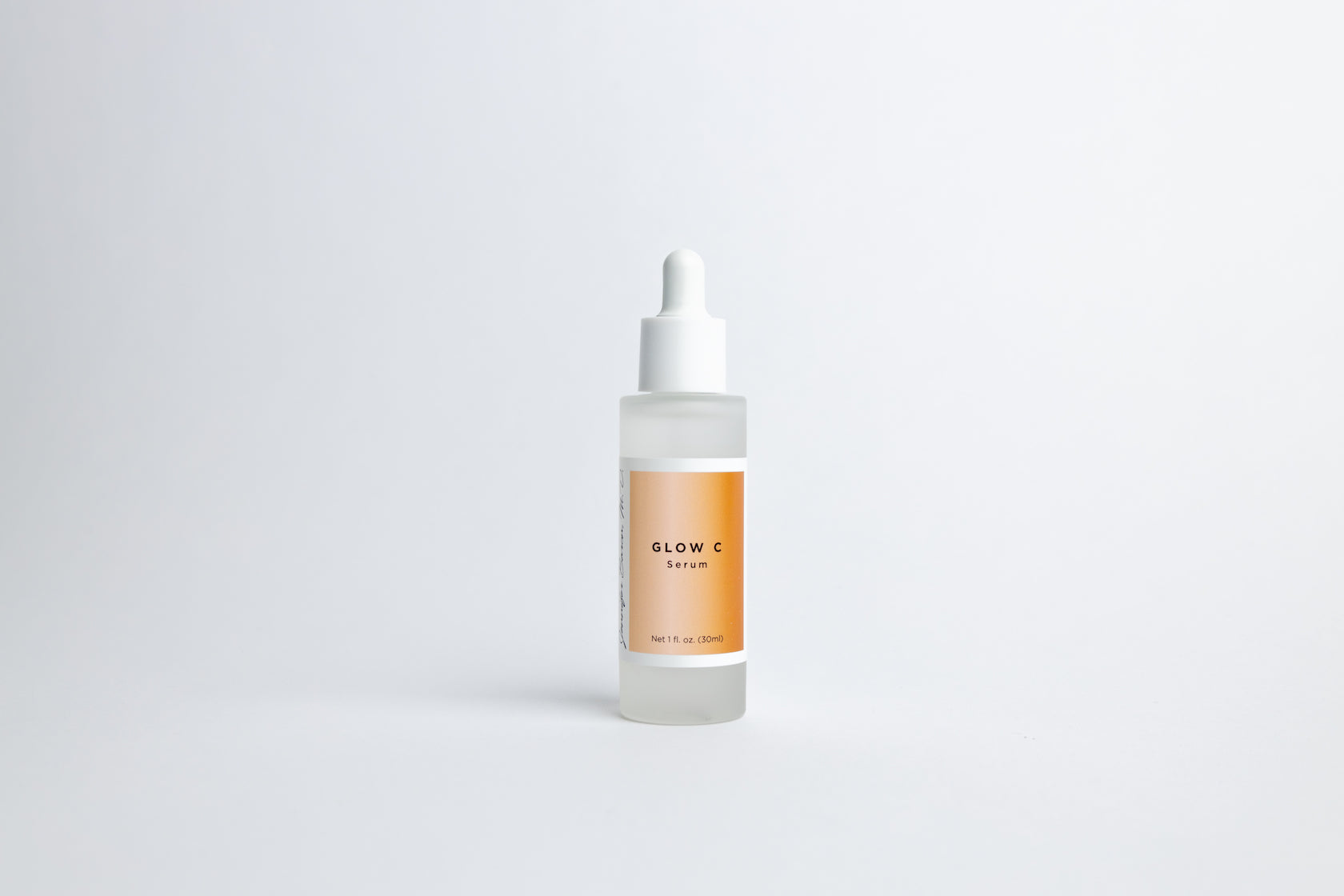
1 comment
Wow do I love this brief but in-depth look at two skincare products that seem to both be really good. I use Dr. Jennifer’s Glow C and just love it, it is fantastic for my skin and it seems to last forever. I had recently read about Copper peptides and was wondering how good they are compared to how good they sound. I look forward to future information coming forth on the Copper peptides but will stay true to Glow C now and into the near future. Thank you so much Dr. J for this information!
Martha Ferguson
Leave a comment
This site is protected by hCaptcha and the hCaptcha Privacy Policy and Terms of Service apply.